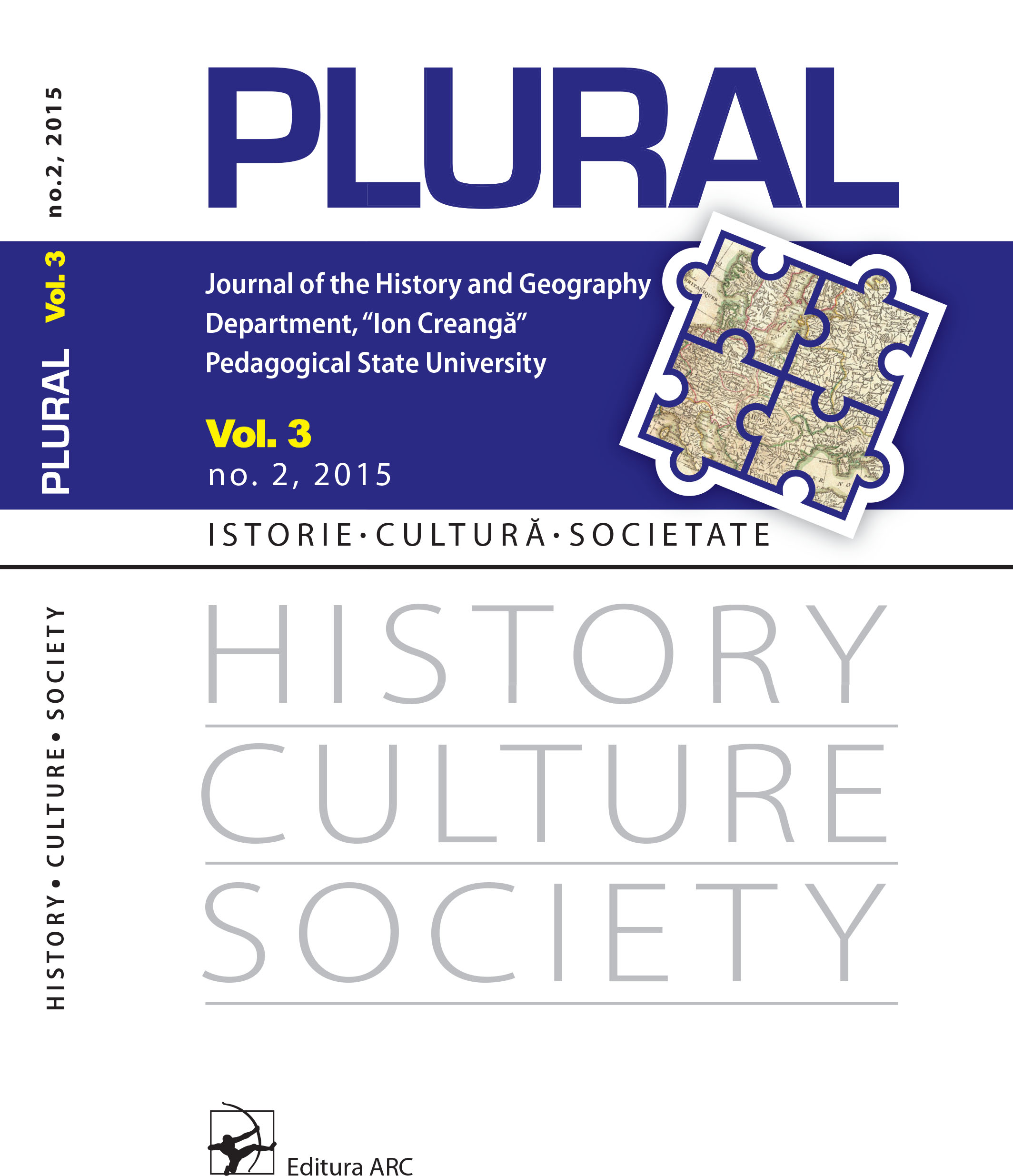Politica și identitatea națională ieri și azi
Political and national identity yesterday and today
Author(s): Oleg SerebrianSubject(s): History, Recent History (1900 till today), Special Historiographies:, Period(s) of Nation Building, Post-Communist Transformation
Published by: Facultatea de Istorie și Geografie, Universitatea Pedagogică de Stat „Ion Creangă”
Keywords: Moldova;identity – construction;
Summary/Abstract: The author discusses how the concept of “national identity” has been defined and expressed throughout different ages, peoples and schools of thought. The relation between religious, class-based, or national identity and political ideologies is being carefully observed, starting from the medieval period into the modern age, not only in Europe, but also in the East. What happens with national identity? Is it, based on old social science schools, inherited or acquired? Here appears one of the initial distinctions between two opposing concepts of the national identity: the German understanding, originating from J. Fichte and the German romantics, according to which a nation is linked by a common origin, the common identity of the people, history and language (Volksgeist) versus the Franco-American school, which originated in the French revolution, stating that a nation is built not on common history, but is rather a societal outcome, being based on politics, adherence to the values of the Republic and loyalty to the state. In the contemporary period the French concept has been predominant and was taken over by the American school of thought. One of its main ideas is that peoples, more precisely the populations, who suffered from an initial lack of traditions of state governance and from a deficit of native intellectuals, as a result of their political situation, did not succeed to consolidate into genuine nations. Furthermore, the development of national identity in the current Republic of Moldova is being thoroughly analysed. Finally, the phenomenon of self-identification of the Bessarabians is rigorously analysed, based on a scholarly and historically centred approach.
- Issue Year: III/2015
- Issue No: 2
- Page Range: 148-161
- Page Count: 14
- Language: Romanian

